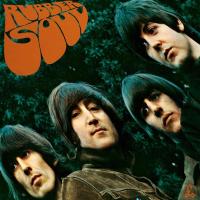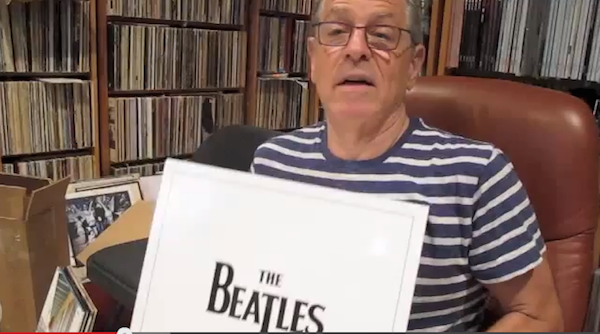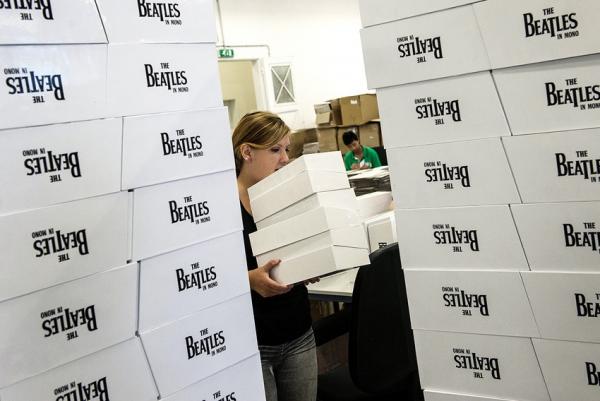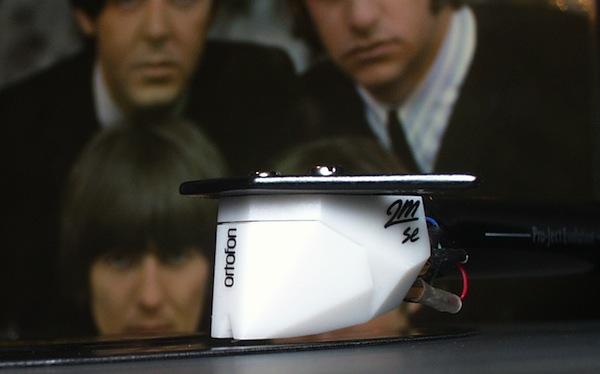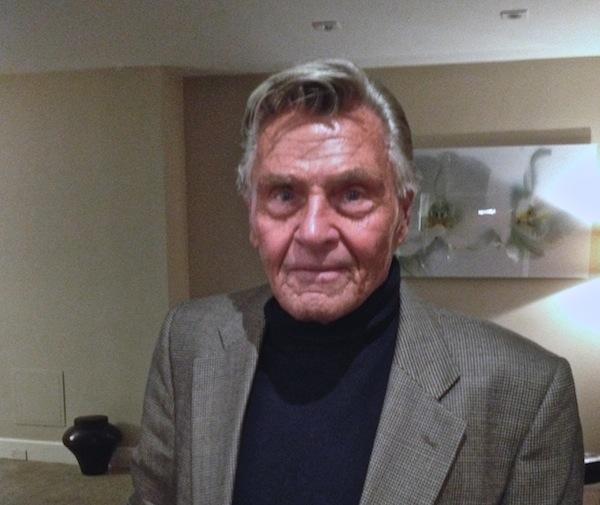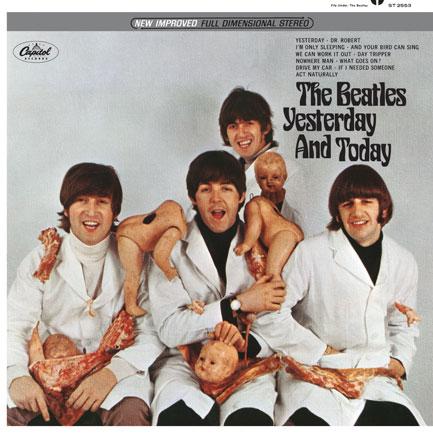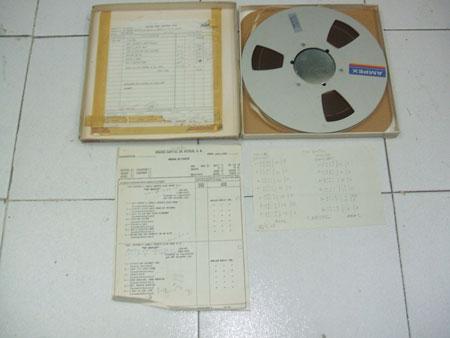Beatles
Sort By: Post Date TitlePublish Date
|
Sep 02, 2014
|
Aug 26, 2014
|
Jun 25, 2014
|
Jun 16, 2014 |
First Published: Jun 15, 2014
|
Feb 10, 2014
|
Dec 13, 2013
|
Nov 19, 2013
|
Oct 17, 2013
